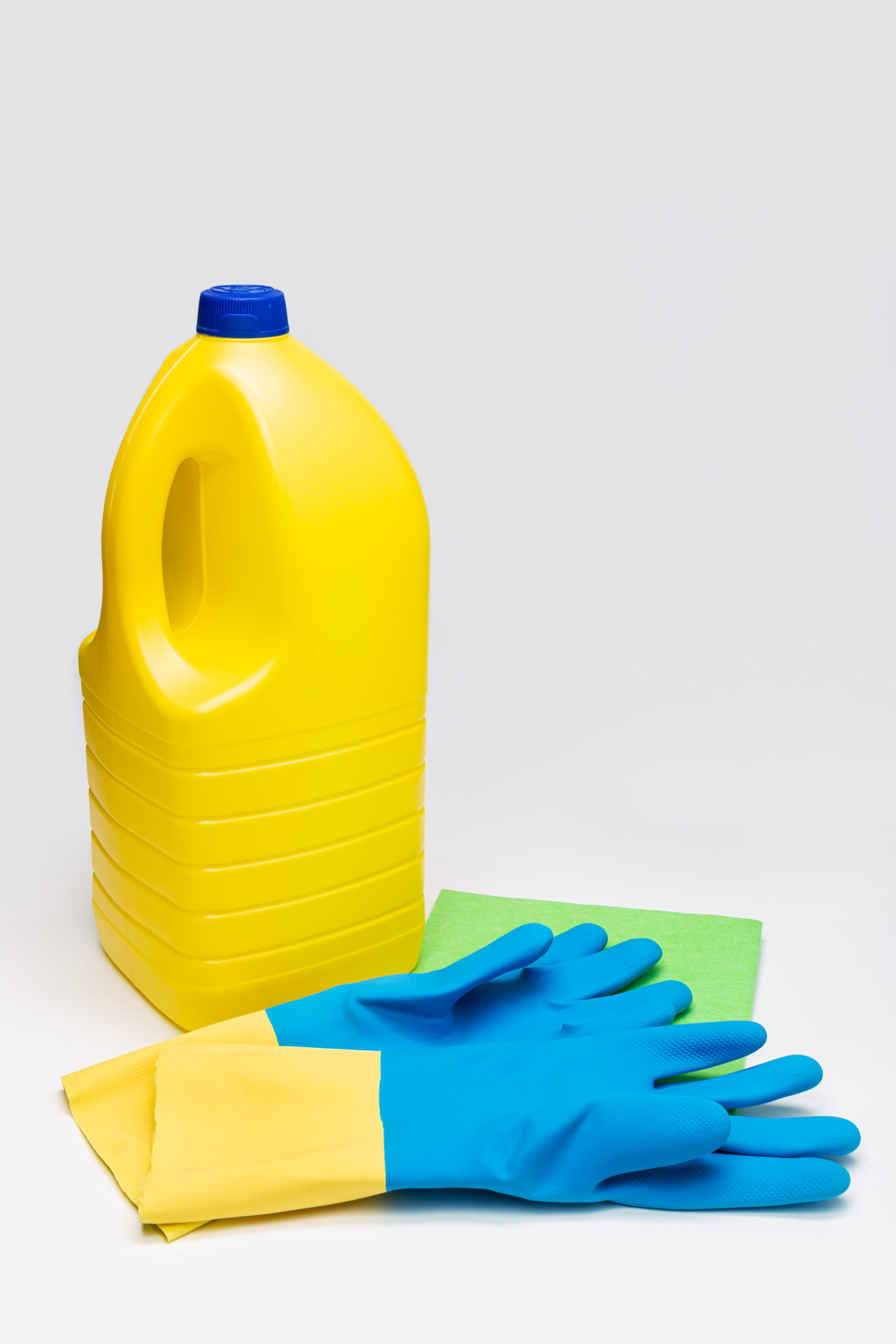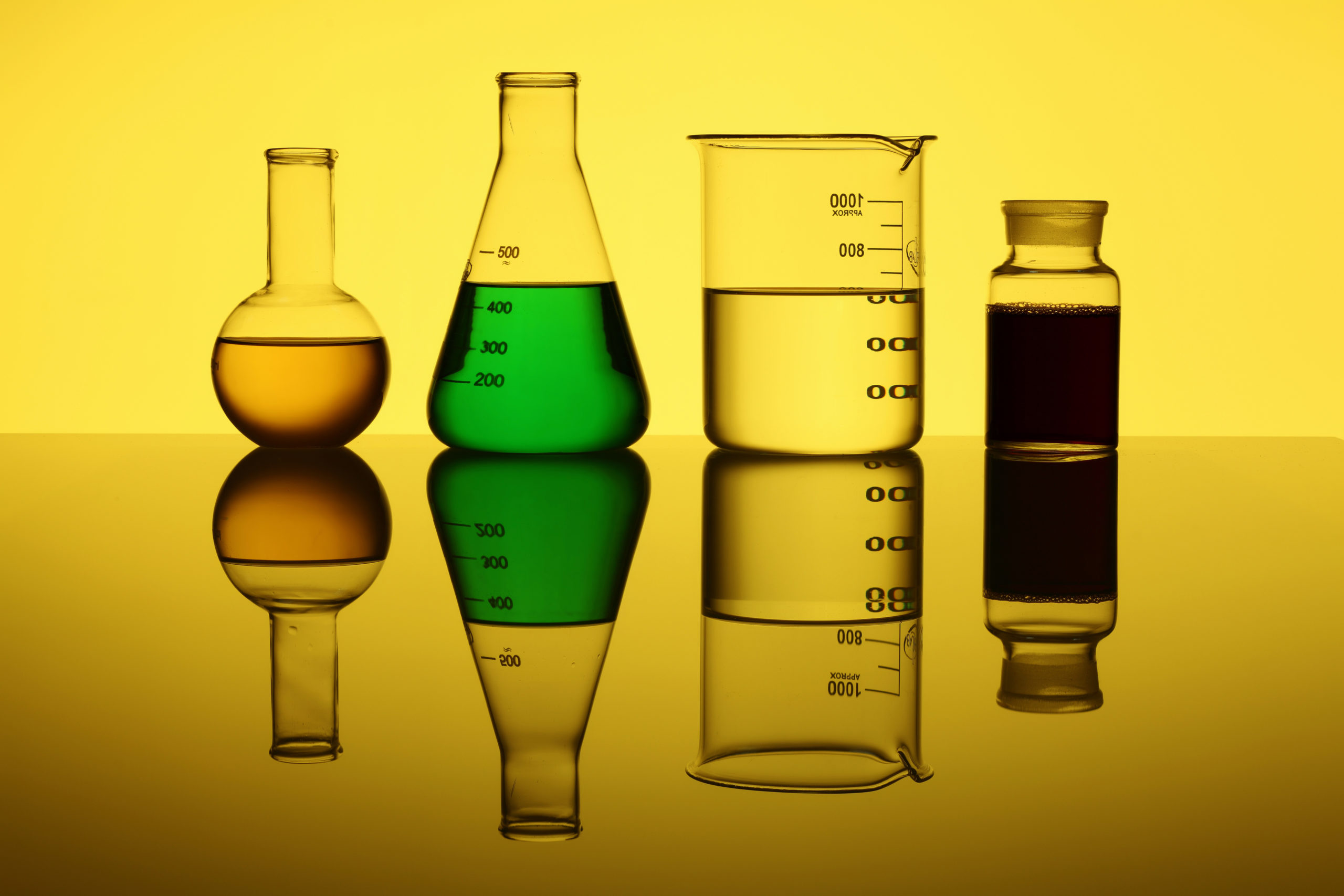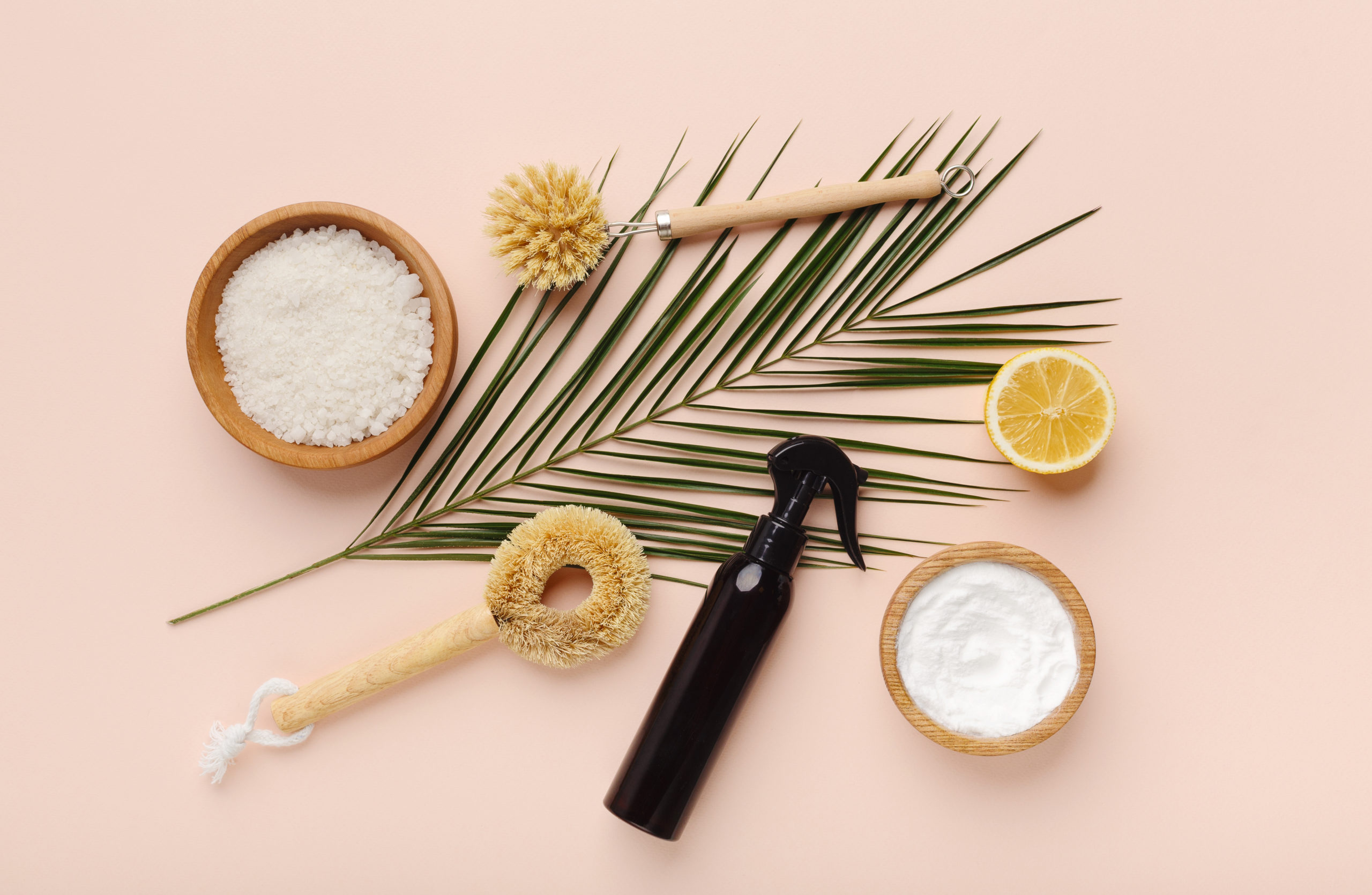
Why you should stop using bleach
Share: Facebook Pinterest LinkedIn When it comes to large-scale cleaning sessions, we tend to use chemical cleaning products that are either wrongly or rightly acclaimed

Very often, during our housekeeping sessions, some stains prove to be particularly persistent and tend to resist all efforts. And suddenly, the idea of playing little chemists crosses our minds. But before pretending to be one, know that mixing cleaning products can be very dangerous for health and the environment, even if they are natural products. Toxic fumes, risks to the eyes, skin burns, the consequences are numerous and varied. We clarify things in this article.
First, it should be noted that most cleaning products are essentially made from chemical compounds, surfactants, and water. Sometimes, the designers even add perfumes and dyes for aesthetic and preservative reasons. Thus, the development of these products obeys a whole chemical architecture to obtain specific results.
But in reality, chemistry itself is a very complex science. That is precisely why chemists, in their laboratories, take the best precautions before handling this or that product. Already, the mere fact that you do not have adequate protection and safety measures is an obvious reason not to try to associate one cleaning product with another.
Similarly, if a cleaner is not harmful, flammable or toxic in itself, it is impossible to guess the reaction that will result from its mixture with another. “There are already enough mixtures of substances in a single product to not make more,” informs Philippe Perrin, an eco-nurse.
Embarking on this venture will cause real health and environmental problems.
Combining several cleaners leads to the formation of other substances potentially harmful to the body. In practice, the effects of each of these products add up and can even duplicate, thus generating toxic, abrasive or explosive effects.
In some cases, we witness the release of gases and the formation of certain dangerous or even lethal substances such as chloroform, hydrochloric acid, chloramine, chlorine, peracetic acid, etc.
Inhaling these gases or approaching these substances can cause allergies (eczema, asthma…), and the user may be subject to irritation of the respiratory tract, cough, and nosebleeds. In the worst case, they can suffer fainting, shortness of breath, and even death.
The combination of cleaning products also harms the environment. The gaseous bodies that result (chlorofluoromethanes, carbon gases, nitrous bodies) evaporate into the atmosphere where they attach to other chemical compounds already in place. In part, they are responsible for the destruction of the ozone layer and the increase in the greenhouse effect.
Dumped into the soil, these chemical elements take a long time to decompose. They destroy the microflora and deplete our soils and groundwater. The ecosystem is severely affected, threatening terrestrial fauna and flora.
To avoid exposing yourself to the countless consequences that can result from mixing cleaning products, the best option is to abstain. To do this, here are some natural cleaners that you should never try to mix:
It’s a very bad idea to think about combining these two products, as they generate chloroform and hydrochloric acid. These are dangerous substances, capable of severely damaging the lungs, nervous system, kidneys, skin, or even the eyes. Prolonged exposure to these gases can also lead to nausea, dizziness, and even loss of consciousness.
Bleach should never be associated with ammonia or a substance that contains it. In combination, these two products generate dangerous vapors called chloramine. These are known to cause significant damage to the respiratory system, but also an explosion. Remember that ammonia is found in urine. So be careful not to bring bleach near your toilet bowl.
Some people continue to mix these two products because they are so effective, but the short-term and long-term consequences can be absolutely disastrous for your health. But mixing these two products produces chlorine gas, which, when inhaled, can be fatal. With an extremely unpleasant suffocating smell and highly toxic, chlorine gas can quickly lead to death.
Refrain from combining baking soda and white vinegar in a sealed jar. Normally, the mixture of these two natural cleaners results in a foamy solution that is a very effective for removing surface grime, limescale, as well as greasy stains on cooking plates. However, they should never be stored in a closed container, or you risk an explosion.
In combination, hydrogen peroxide and vinegar produce peracetic acid. This is a very strong oxidant and toxic to the skin and eyes.
Many eco-friendly products do not need to be mixed with others to achieve satisfactory results. Like eau de maison products, which are natural products without controversial materials that allow easy cleaning of surfaces without leaving streaks and without rinsing.
Boscus, Aromata, and Agrumea products have all been designed with the aim of having optimal efficiency in their fields. They require no mixing with other cleaning agents and guarantee the effectiveness expected from each type of product.
Each cleaning product is ideally designed to provide a certain result. But you need to use it in the best way to achieve the expected results. So here’s how to effectively use these cleaners without having to combine them and expose yourself to potential dangers:
Indispensable in the cleaning and polishing of glass surfaces, white vinegar can help you maintain your home on several other levels: disinfection, deodorization, degreasing, etc.
It helps to eliminate lime stains on bottles, cups, kettles, and faucets. To make it effective, nothing like spraying it on the concerned surface, let it act for about fifteen minutes before rinsing with clean water. The action and effectiveness of white vinegar last over time; so be patient.
On the faucets, stick support soaked in the product for hours before cleaning. You can also revive the colors of your laundry with vinegar by putting a glass of it in the basin before adding the laundry liquid.
Baking soda is a useful cleaning product for cleaning the fridge, washing any type of surface, and removing grease stains.
Put a teaspoon in a liter of hot water and with a sponge, clean your fridges, bathrooms, and the wall of your shower cabin. Against persistent stains, do not hesitate to let the solution act for a few minutes before rinsing.
This cleaning product is mainly known for its cleaning and disinfecting properties. It is the ideal cleaner to sanitize the kitchen and at the same time polish the stainless steel coverings of your equipment. You just have to introduce newspaper and vigorously rub the concerned surfaces. Against large surfaces, spray the white alcohol and let it act for a few minutes before the actual cleaning.

Share: Facebook Pinterest LinkedIn When it comes to large-scale cleaning sessions, we tend to use chemical cleaning products that are either wrongly or rightly acclaimed

Share: Facebook Pinterest LinkedIn Are you looking for a way to clean your home naturally, without using harsh chemicals? Running out of ideas for natural

Share: Facebook Pinterest LinkedIn Are you looking for a way to clean your bathroom naturally, without using harsh chemicals? If yes, you’ll love these natural